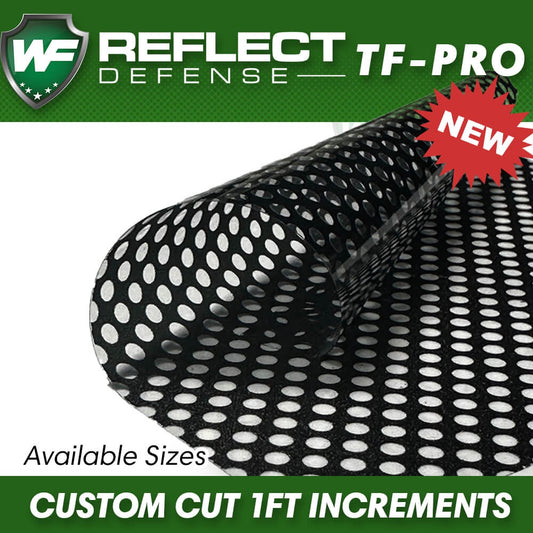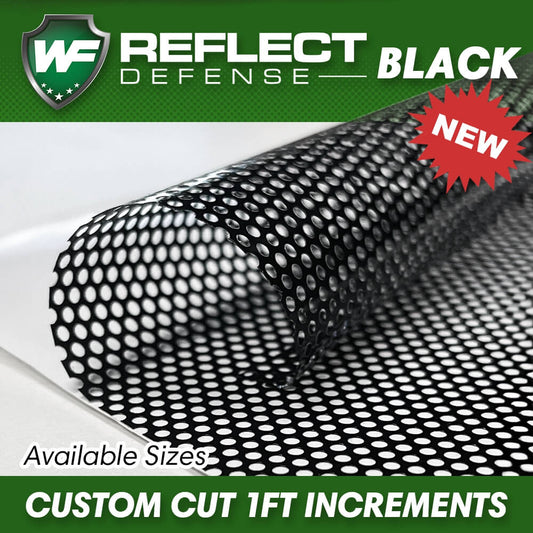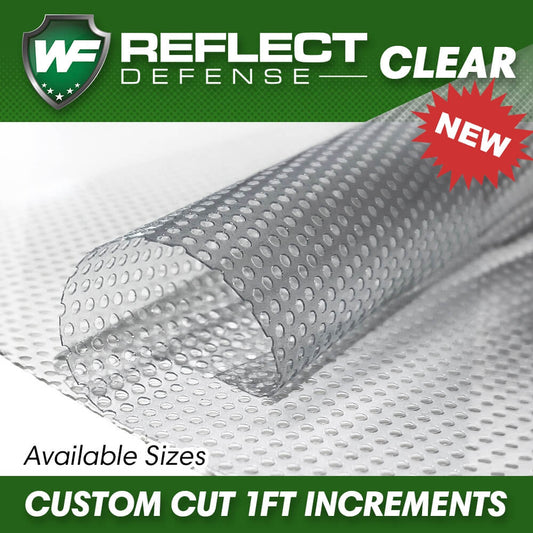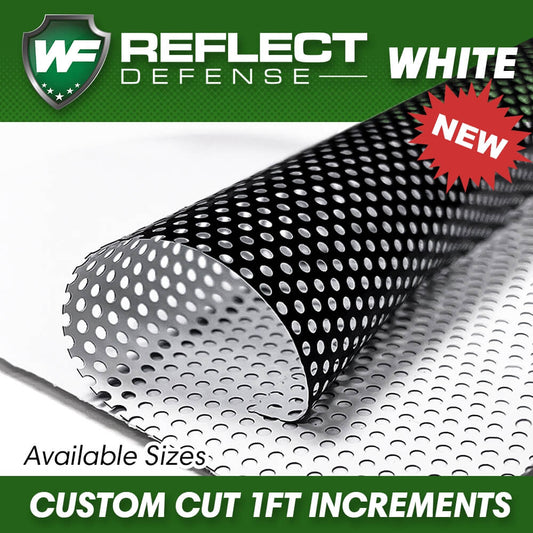Car plastic moldings, such as the trim around windows and doors, can sometimes melt due to the intense reflection of the sun's rays off nearby windows. This frustrating and costly problem can distort the car's appearance and may require expensive replacements.
Several factors contribute to this issue:
-
Sun angle: When the sun shines directly on a window, the intensity of the reflected light increases, raising the risk of melting.
-
Plastic material: Some types of plastic are more susceptible to melting when exposed to heat.
-
Car color: Darker colors absorb more heat than lighter ones, exacerbating the problem.
The concentration of sunlight that occurs when light reflects off a window is the primary cause of melting plastics. The focused and intensified light rapidly increases the plastic's temperature, similar to how a magnifying glass can start a fire. Plastics, being poor heat conductors, do not dissipate heat well, leading to a rapid temperature increase. Thin or glossy plastics are particularly vulnerable, as they reflect more light and may be more prone to melting, especially if in direct contact with the window.
To prevent plastic molding from melting due to window reflections, car owners can:
-
Use ceramic window film: This can block a significant amount of the sun's rays, reducing the intensity of the reflected light.
-
Park in a shady area or use a car cover: This blocks the sun's rays from hitting the windows directly.
-
Install window awnings or exterior shading devices: These block direct sunlight from reaching the plastic.
-
Apply window treatments: Blinds, shades, or curtains can block direct sunlight and prevent melting.
-
Choose windows without low-E coatings: These coatings reflect UV rays and infrared light, which can increase the intensity of the heat reflected.
-
Use Turf Shielding Window Film (click here): This specialized film blocks UV rays and reflects the sun's rays, helping to prevent melting.
-
Select heat-resistant car plastic molding materials: Vinyl and aluminum are more resistant to melting than wood or plastic.
Regular inspection and maintenance of the plastic molding can also help keep it in good condition and reduce the risk of melting. By taking these precautions and choosing the right materials, car owners can protect their vehicle's appearance and avoid costly repairs due to melted plastic moldings caused by window reflections.















